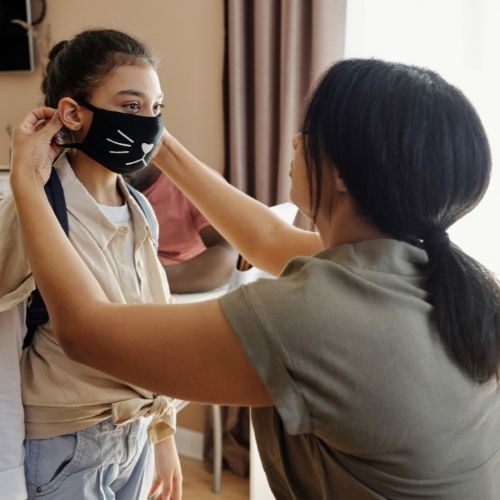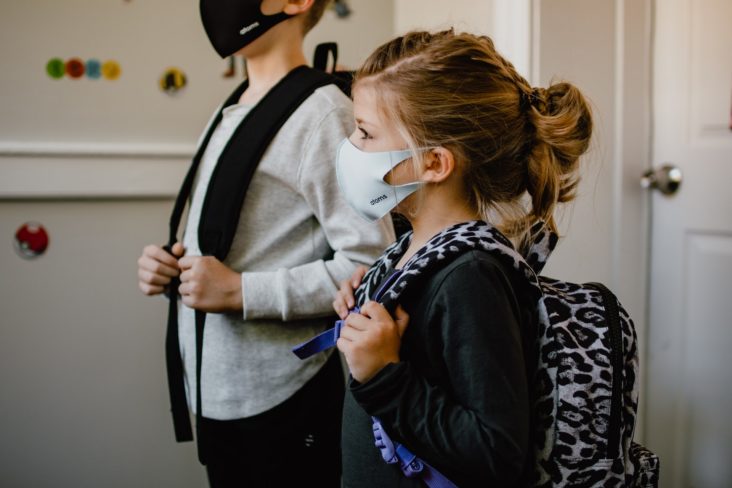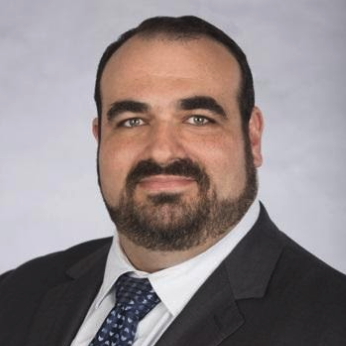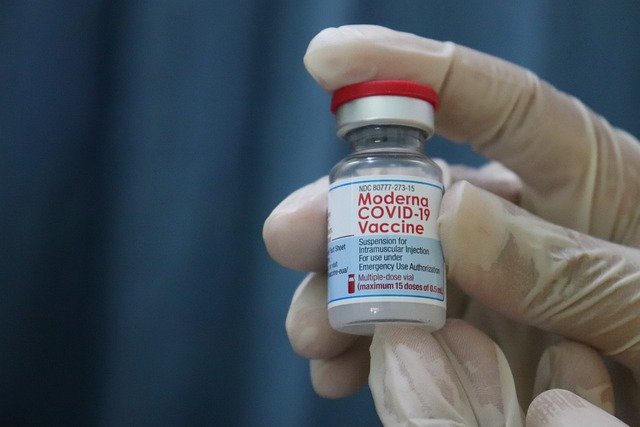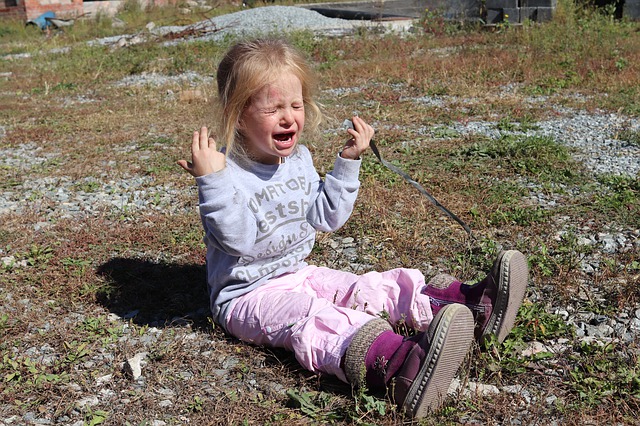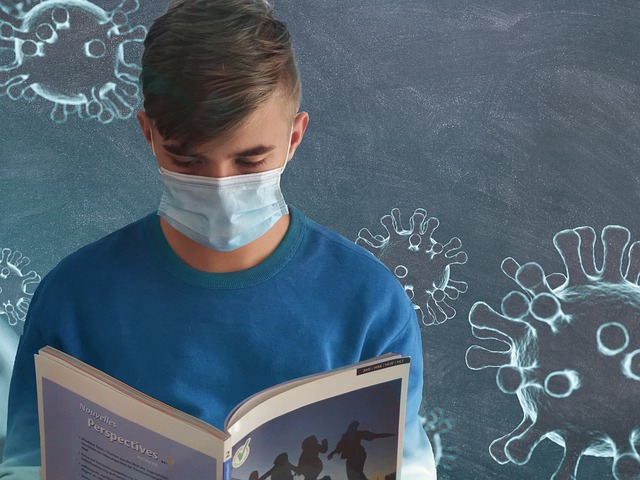In this month’s Consult The Expert interview, we spoke with Darbi Miller, MS, LMFT. She is one of the marriage and family therapists here at The Center For Treatment Of Mood And Anxiety Disorders. Although she likes working with all ages, she enjoys the dynamic surrounding family and relationships.
“One of my favorite things to work with is increasing clients’ relational self-awareness,” she said. “I also enjoy exploring peoples’ Families of Origin, which is connected to self-awareness from my perspective.”
What Is Relational Self-Awareness?
What does she mean by “relational self-awareness”? “Family of Origin and self-awareness are related,” she answered. “In any experience with another person, relational self-awareness can look like asking ourselves, “What is mine? What is yours? What is ours?”
“We each have our own stories, beliefs, and experiences,” she said. “Relational self-awareness looks at what each person brings to the table and how this affects the interaction between us. If we are self-aware, we have a compass for ourselves which translates into tolerance. We are able to share our personal values and beliefs and hear the other person’s.”
“If we are not self-aware, our interactions are based in fear. We begin looking for approval or we get defensive because we may feel we will “lose” in some way if we are vulnerable with the other person. When you have self-awareness, however, you can be vulnerable and can create more intimacy in all of your relationships.”
Ms. Miller talked about a Harvard study that has been following certain individuals over an 80-year period. One of the surprising things it has found is that the quality of our relationships has a higher impact on our health than even our cholesterol levels. “It turns out that surrounding ourselves with positive, close relationships creates a better sense of community within ourselves, which in turn, has a better health impact,” she reported.
So, how does relational self-awareness help with anxiety treatment? “With anxiety, behind that is usually fear on a basic level. Our thoughts are powerful. If you can get to the core and understand the fear (how can I feel more connection with myself?), connecting to your body and grounding yourself, allows this to be part of the healing process.”
How Does Family Of Origin Fit Into Mood Disorder Therapy?
Ms. Miller explained how Family of Origin can impact the treatment of anxiety and other mood disorders. “We come from our own system that was learned in childhood. This is the Family of Origin,” she explained. “This system has patterns, beliefs, and values that we can sometimes see, but sometimes aren’t aware of. We all have a family role – maybe we’re the funny one, the responsible one, or the nurturing one. This role can carry into our adult lives and play out between couples.”
“Sometimes people go into a relationship expecting it to heal their Family of Origin wounds,” she said. “Although it can happen that a new relationship can be good and healing, if we enter it expecting our partner to instinctively know what we need to heal, that may not be the case and we’re disappointed. If you are expecting your partner to heal you, where is this coming from? The answer leads back to relational self-awareness.”
How Can We Use These Concepts To Improve Mood Disorders?
We discussed how knowing what we bring with us from our Family of Origin can be used to help when dealing with mood disorders.
“Knowing what you have “inherited” and what you can change can be very empowering,” Ms. Miller told me. “You don’t have to operate out of same system you inherited. You have control. The realization that you don’t have to follow the same patterns – and you get to decide – can help with anxiety and trauma.”
“I mainly use this work for people who feel stuck in their life, work, and relationships,” she continued. “During therapy, my approach is always to start at the top. We begin with something action-focused, like behavior organization, and getting back into routines that can have a positive effect on the person’s mood and decrease anxiety.”
“I also use cognitive behavioral therapy to challenge negative thoughts. Taken together, these give people some relief. But if they are still looking for more, this is when we explore other things like Family of Origin and relational self-awareness.”
“When we look into Family of Origin, we can choose to do the work for ourselves and also within the family roles, with siblings and parents,” she said. “I typically go three levels up within the family to look at the generational dynamic. Doing this work can uncover patterns that influence a person’s mood, narratives, and the core beliefs that influence mood, which can be healing.”
“People want to explore these concepts, but in a safe space,” Ms. Miller said. “So, we balance a safe space with these tools, allowing them to go deeper to uncover the aspects that may be underlying their anxiety, depression, or trauma.”
We Are Here For You
If you are concerned that your child is struggling emotionally or showing signs of anxiety or depression, contact The Children’s Center for Psychiatry Psychology and Related Services in Delray Beach, Florida or call us today at (561) 223-6568.
About Darbi Miller, MS, LMFT
Darbi Miller is a Licensed registered Marriage and Family Therapist. She has extensive training in Integrative Systemic Therapy however, does not believe one model fits all. Her approach is strength-based, collaborative, holistic, and geared to meet her client’s specific needs and goals. She works to truly understand each client and the systems that surround them. She believes therapy is a courageous step and feels privileged to bear witness to their journey. Through her authenticity, empathy, and compassion, she provides a safe space for exploration. Darbi works to integrate her knowledge into meaningful and collaborative sessions with individuals, couples, and families. Her areas of interest include walk/talk therapy, the mind/body connection, increasing relational self-awareness, high-conflict couples, and full family work.
She holds a Bachelor of Arts in Psychology from Michigan State University and a Master of Science in Marriage and Family Therapy from Northwestern University, where she received academic distinction. She is also certified as an Eating Psychology Coach and a Prepare/Enrich Facilitator. Darbi has worked in a variety of settings including schools, hospitals, university clinics, and in-home. She also published an article in the Encyclopedia of Couple and Family Therapy on conjoint sex therapy.





